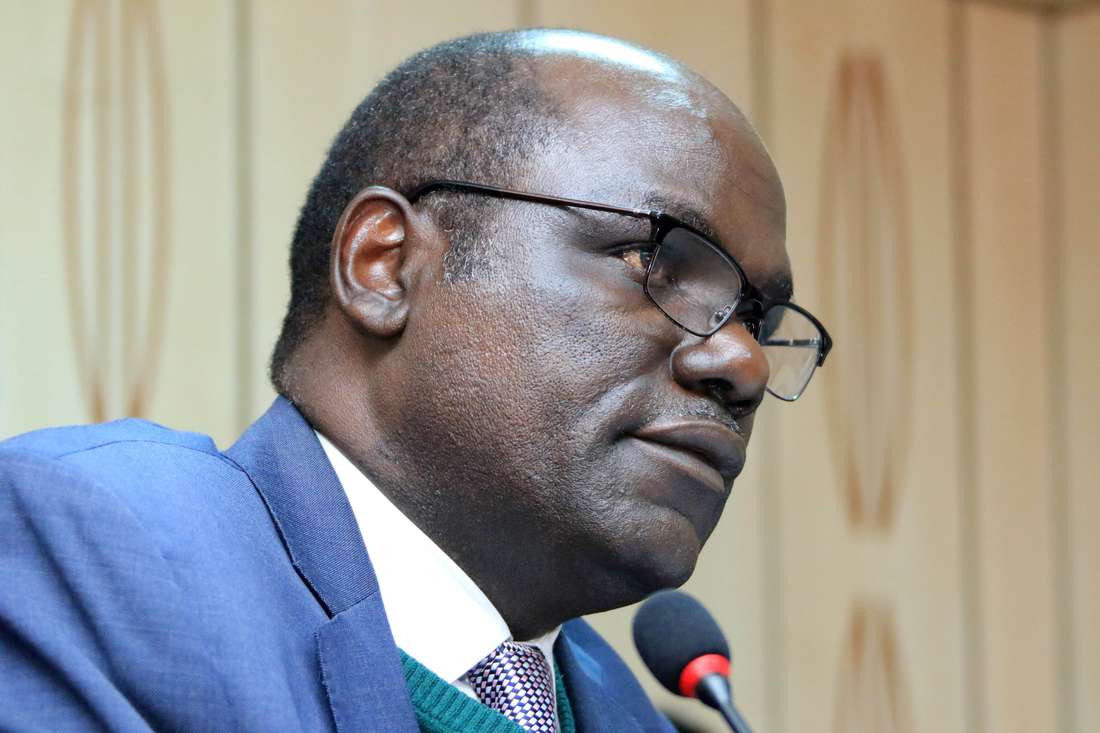
IEBC Chairman Wafula Chebukati
The Independent Electoral and Boundaries Commission (IEBC)has refused to provide three key elements during the examination of the servers used in the August 9 elections.
According to a report submitted by the registrar of the Supreme Court, the Commission failed to present a forensically recorded image of the server containing Form 34C, which was utilized to declare William Ruto as president-elect.
“IEBC committed to providing a forensic image of form 34C to the court for the parties to apply for access. On September 1, the forensic image was availed to court,” the Judiciary report reads in part.
The electoral commission refused to disclose the agreements it had with various tech firms. The IEBC indicated they will commit a felony by violating the Non-Disclosure Agreements. The Supreme Court had ordered IEBC to disclose the aforementioned agreements for examination by the court and the agents of the petitions.
“IEBC is hereby directed to avail partnership agreements with its technical partners, list of users, trail, and admin access to provide clarity on the IEBC systems and their usage for review and verification, subject however to any security related issues thereof,” The Apex court had ordered the Chebukati led commission.
The Commission also failed to provide the identities of system administrator password owners, claiming that they had been exempted from doing so because doing so would violate the privacy of their employees.
In the supreme court’s order, IEBC was required to produce copies of the password policies, although the Commission was free to decline if security concerns emerged as a result of the directive.
The report will be presented and considered during the Supreme Court’s session today, Friday, September 2.
The final verdict of the case is scheduled on Monday September 5th.
Also Read: Tough Questions Supreme Court Judges Want Chebukati & IEBC To Answer


































































